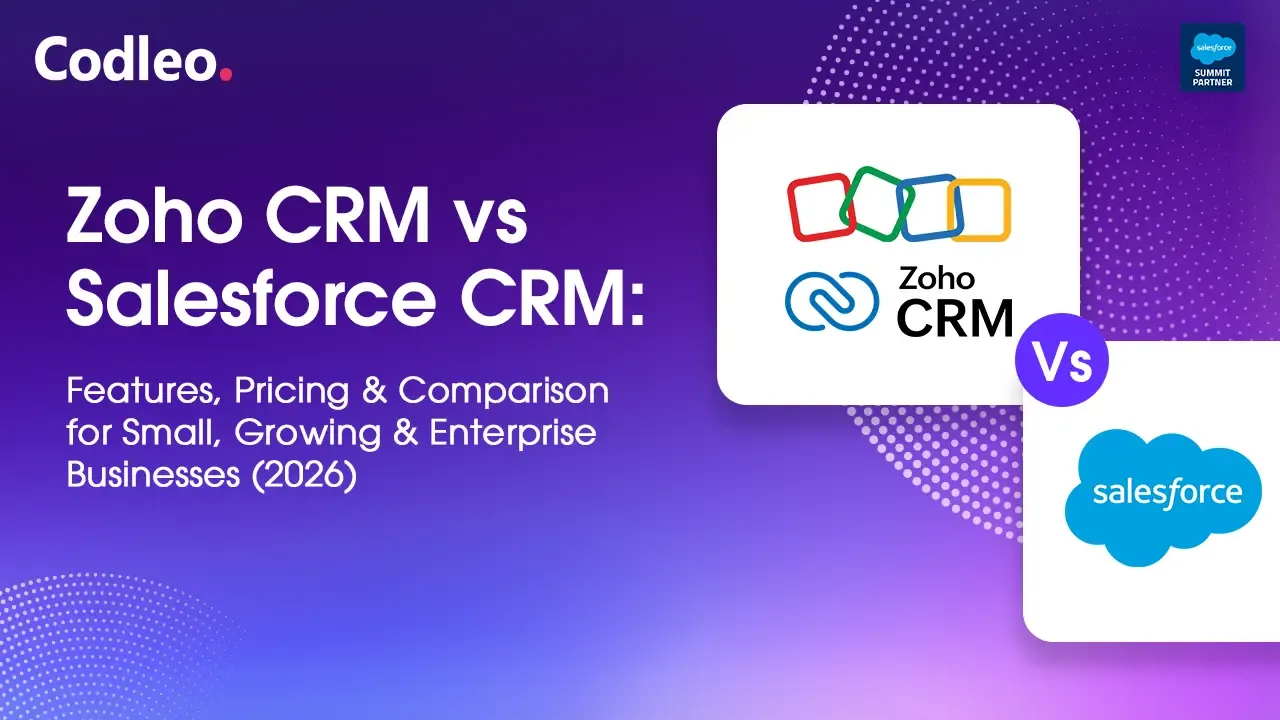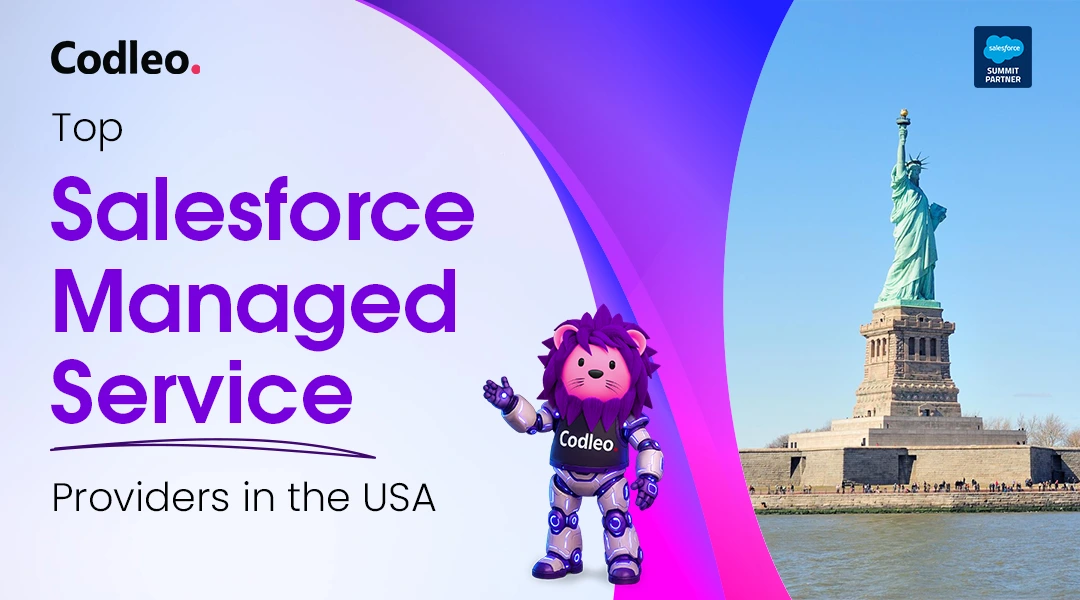Publish date:
According to CIO Magazine, nearly one-third of CRM initiatives fail. But why does this happen?
The primary reason is improper CRM implementation, which hampers businesses' ability to manage customer relationships effectively. This leads to a host of challenges that can stymie business growth and profitability.
Integrating a CRM platform into your IT infrastructure requires a systematic, step-by-step approach. This approach is crucial for building strong customer relationships and enhancing workplace productivity.
By following a structured implementation process, you can tailor the CRM features to meet your specific business needs and workflows. This customization results in a more efficient and effective system, ultimately saving time and resources.
Let’s explore a comprehensive step-by-step guide for a successful CRM implementation process.
Step-by-step CRM Implementation Guide
Implementing a CRM system involves a 7-step process designed to establish clear goals and ensure all stakeholders are aligned on the system's usage.
Here is your step-by-step guide to CRM implementation:
1. Set Your CRM Goals and Objectives
Begin by asking yourself why you need a customer relationship management platform and what benefits it can provide in the future.
The first step in implementing CRM is to define clear objectives. These goals might include automating services, ensuring a seamless customer experience, managing and processing customer data, or other important measures.
For instance, if you are a banking firm, you might use a CRM to gain deeper insights into your customers and enhance service levels. Your objectives could be to increase customer retention, boost sales, and improve overall customer satisfaction.
2. Establish an Implementation Team
As you embark on implementing a CRM system, it's essential to identify key members or stakeholders who will ensure a smooth transition from the existing infrastructure into a new one. Current employees can also be appointed to oversee the process.
When forming an implementation team, consider factors such as technical expertise, communication skills, adaptability, and problem-solving abilities. Key members might include:
-
IT Head
-
Sales Manager
-
Finance Manager
-
Software Analyst
The collaborative efforts of these team members are crucial for the successful implementation of a CRM system.
3. Budget Allocation
According to Capterra, the average monthly expenditure for businesses across various industries ranges from $63 to $94. The finance team plays a vital role in evaluating ROI, pricing, and affordability to allocate an appropriate budget. Establishing a budget is essential for informed decision-making, resource allocation, and optimization.
Implementing a CRM incurs various costs, such as integration expenses, renewal fees, additional licenses, and setup costs. The budget is determined by the business’s size, nature, and customer base.
4. Choose the Right CRM Platform
Selecting a CRM vendor is a critical step. Gartner reports indicate that almost 70% of businesses fail due to improper CRM platform implementation.
To choose the right CRM, start by discussing the services your business needs. Consider whether it fits your budget and whether it will suit your employees and customers.
Analyze all available CRM platforms in the market, taking into account factors like mobility, pricing, scalability, feature availability, and integration. Evaluate and compare features and functionalities to choose the best CRM solution for your needs. Top CRM platforms such as Zoho, HubSpot, and Salesforce can help streamline your business processes.
5. Prepare a Change Management Plan
Communicating changes in IT infrastructure to stakeholders, especially employees and customers, is crucial for effective CRM adoption. Proper guidance and training are necessary for users to efficiently utilize the CRM platform. Training can help save resources, share knowledge, and reduce repetitive tasks.
Seek ongoing feedback and opinions from team members and stakeholders to ensure their confidence in using the new system.
6. Testing and Go-live
Identify and address any bottlenecks or challenges during implementation. Conduct routine checks to measure deficiencies against set standards and detect any bugs.
Before going live with your CRM, ensure network speed and reliability, data backup processes, and identify relevant metrics through testing. Perform various tests, including functional, usability, and performance testing.
Successfully transition to the CRM infrastructure by keeping all stakeholders informed about go-live processes, new workflows, and support resources.
7. Monitoring and Evaluation
Monitor the progress of your CRM implementation by tracking key performance indicators relevant to your business goals. Utilize tools and reports for better insights.
Evaluate the overall performance of the CRM after implementation to understand its impact on your business. Analyze results from sales, marketing, and other departments.
Continuous monitoring and evaluation ensure that your business remains on the right track and delivers a positive return on investment. Based on these insights, be prepared to adapt workflows, functionalities, or user training to maximize effectiveness.
8. Final Take
In summary, CRM implementation is a vital step for any business, whether in IT, manufacturing, banking, consulting, or any other industry. Following the steps outlined in this guide can help ensure successful implementation.
Consulting an expert can simplify the CRM adoption process. Codleo Consulting, an IT consulting firm, assists clients with Salesforce implementation consulting to improve and enhance business workflows.















